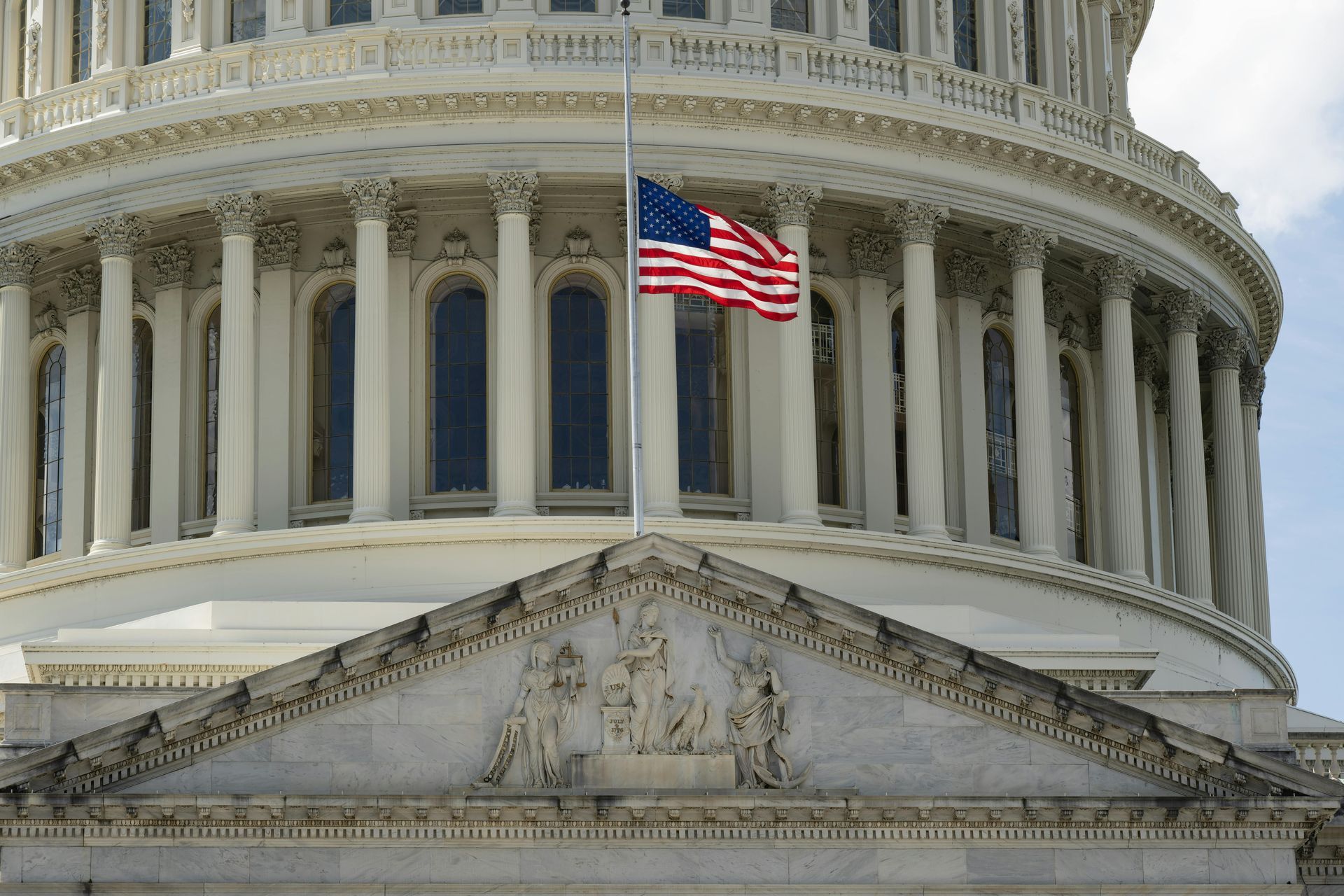Quais são os diferentes tipos de Green Card?
Click here to read this article in English

1. Baseado na família
Para aqueles cuja família inclui um cidadão dos EUA, os seguintes vistos se aplicam:
- Visto IR-1 - se você for cônjuge de um cidadão americano.
- Visto IR-2 - se você é filho solteiro de um cidadão americano e tem menos de 21 anos.
- Visto IR-3 - se você for uma criança adotada no exterior por um cidadão dos EUA.
- Visto IR-4 - se você for uma criança adotada nos EUA (depois de ser trazida para os EUA) com a finalidade de ser adotada por um cidadão dos EUA.
- Visto F3 - se você for casado e filho de um cidadão americano. Isso se aplica ao seu cônjuge e filhos também.
- Visto F4 - se você for irmão de um cidadão americano. Isso se aplica ao seu cônjuge e filhos também.
Para aqueles cujos membros da família incluem um residente permanente legal (LPR) nos EUA, os seguintes vistos se aplicam:
- Visto F2A - se você for o cônjuge ou filho menor de um LPR.
- Visto F2B - se você é solteiro, tem mais de 21 anos e é filho de um LPR.

2. Com base no emprego
Para aqueles que têm ou terão emprego nos EUA, aplica-se o seguinte:
- Visto H-1B para transferência de Green Card.
Uma vez que você tenha um visto H-1B válido, seu empregador deve apresentar ao Departamento do Trabalho dos EUA (DOL) uma Certificação Permanente de Trabalho (PERM). O empregador deve provar ao DOL que não conseguiu encontrar um cidadão americano qualificado para o cargo. Existem várias etapas para que o empregador satisfaça esse critério, que incluem tentativas reais de recrutar cidadãos dos EUA para o cargo e anúncios publicados para o cargo direcionados a cidadãos dos EUA.
- Visto EB-1 para Trabalhadores Prioritários. Isso inclui:
o Professores acadêmicos e pesquisadores excepcionais
o Gerentes e executivos excepcionais
o Aqueles com habilidades excepcionais em negócios, artes, ciências, educação ou
atletismo
o Se você se enquadra em uma dessas categorias, você deve provar ao USCIS que está no
topo de sua área, com base no cumprimento de critérios específicos.
- Visto EB-2 para aqueles com graus avançados ou habilidades excepcionais. Isso inclui:
o Aqueles com habilidades extraordinárias em arte, negócios e ciência
o Isso é semelhante a um EB-1 e os requisitos são menos rigorosos. No entanto, o tempo de processamento para um EB-2 pode ser muito maior, você precisará de uma certificação PERM, a menos que possa provar ao USCIS que a renúncia ao requisito seria de interesse nacional (também conhecido como National Interest Waiver), e você precisará um empregador atual ou potencial para patrocinar sua inscrição
o Aqueles com graus avançados (por exemplo, mestrado ou doutorado)
o Médicos que servirão em áreas carentes nos EUA.
- Visto EB-3 para trabalhadores qualificados/profissionais. O tempo de processamento pode levar vários anos. Como o EB-2, você precisa de um empregador atual ou potencial para patrocinar sua inscrição. Este visto se aplica a:
o Aqueles com bacharelado
o Trabalhadores qualificados com um mínimo de dois anos de experiência
o Trabalhadores não qualificados
- Visto EB-4 para imigrantes especiais e trabalhadores religiosos. Este visto de trabalho se aplica a:
o Aqueles que trabalham para o governo dos EUA no exterior
o Emissoras
o Tradutores iraquianos/afegãos
o Funcionários de organizações internacionais sem fins lucrativos
o Médicos
o Certos membros ativos e aposentados das forças armadas e seus cônjuges e filhos
- Visto EB-5 para investidores. Isso inclui:
o Os investidores que criarão um mínimo de 10 empregos em período integral nos EUA e investirão pelo menos US$ 500.000 na economia dos EUA

3. Baseado em Residente Retornado
Para aqueles que eram LPRs (residentes permanentes legais), mas deixaram o país por mais de um ano (o que rescinde um green card válido). O seguinte visto se aplica a LPRs que deixaram os EUA por mais de um ano devido a circunstâncias fora de seu controle:
- Visto SB-1. Exemplos de circunstâncias além do controle incluem:
o Doença súbita ou doença que impediu a viagem de volta aos EUA
o Gravidez em que o médico desaconselhou viagens internacionais
o Seus documentos de imigração são retidos contra sua vontade
o O país para onde viajou proíbe a partida

4. Baseado na Diversidade
Comumente conhecido como 'Loteria do Green Card', esse tipo de green card é concedido aleatoriamente a uma porcentagem muito pequena daqueles que se aplicam. O processo de seleção é projetado para evitar que qualquer nação estrangeira tenha substancialmente mais vistos concedidos para seus cidadãos do que para os de outras nações estrangeiras. Existem muitas regras, limitações e exceções para quem pode se inscrever. Mas, geralmente, você deve:
- Ser de um país que teve menos de 50.000 nativos desse país imigrando para os Estados Unidos nos últimos cinco anos. Em 2019, isso excluiu os de Bangladesh, Brasil, Canadá, China, Colômbia, República Dominicana, El Salvador, Haiti, Índia, Jamaica, México, Nigéria, Paquistão, Peru, Filipinas, Coreia do Sul e Reino Unido (exceto Irlanda do Norte) e Vietnã
- Ter pelo menos 18 anos
- Ter concluído o ensino médio e ter um diploma do ensino médio ou grau equivalente
- Ter pelo menos 2 anos de experiência de trabalho nos últimos 5 anos
Muitos daqueles que não são elegíveis para um visto de imigrante (green card) podem ser elegíveis para uma variedade de vistos de não-imigrante. Se um visto de não imigrante for concedido e o peticionário posteriormente se tornar elegível para um green card, o visto de não imigrante não é uma barreira para solicitar um green card.
This blog is not intended to be legal advice and nothing here should be construed as establishing an attorney client relationship. Please schedule a consultation with an immigration attorney before acting on any information read here.
Kevin Swartz
Similar Posts









